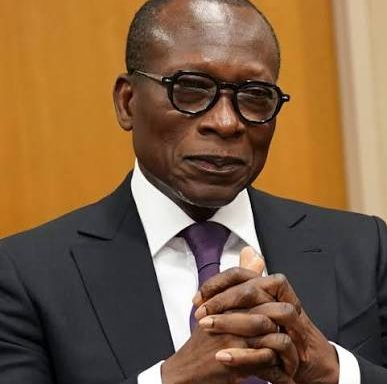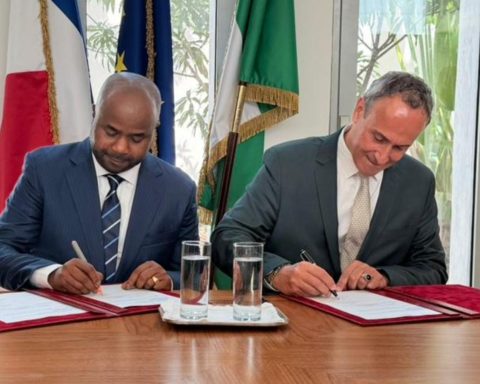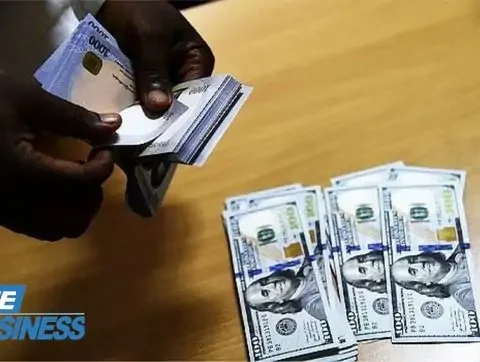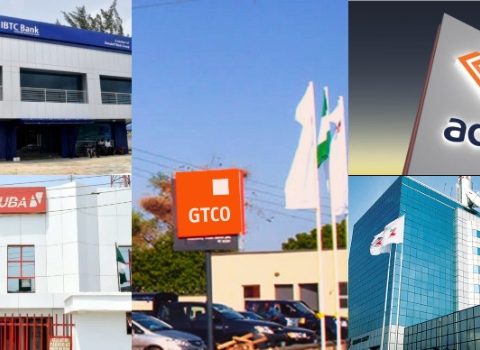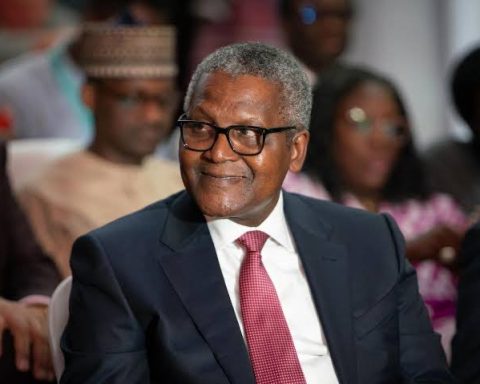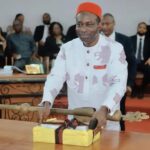With effect from August 1, 2025, the Enugu State Electricity Regulatory Commission (EERC) has revised the Band A electricity tariff from N209/per kilowatt hour (kWh) to N160 per kWh.
This new tariff was issued to MainPower Electricity Distribution Limited, the utility firm that replaced the Enugu Electricity Distribution Company (EEDC) for the state’s electricity distribution.
Join our WhatsApp ChannelThis was made known in the Commission’s Order No.EERC/2025/003, titled “Tariff Order for MainPower Electricity Distribution Limited 2025,” was issued over the weekend.
EERC insisted that tariffs must reflect federal power generation subsidies for the benefit of electricity consumers, claiming that its decision was cost-reflective.
The Enugu State Electricity Law 2023, which gives the Commission the authority to control operators’ operations in power generation, transmission, and distribution within the state, served as the foundation for the EERC’s action.
It would be recalled that the Enugu State Governor, Peter Mbah, had in September 2023 signed the law, following the 2023 Constitutional Amendment, which firmly established the legislative authority of states on electricity matters within their states.
The national Electricity Act 2023 repealed the Electric Power Sector Reform Act of 2005, bringing about significant changes like separating supply and distribution operations and giving states the authority to control their own electricity markets.
Commenting on the new order, EERC Chairman Chijioke Okonkwo stated that after the Commission reviewed MainPower’s tariff and license applications as the new subsidiary company (SubCo) operating in Enugu State, the tariff reduction became necessary.
Okonkwo said: “We reviewed their entire costs, using our Tariff Methodology Regulations 2024, and the supporting Distribution Tariff Model to get an average price of N94.”
He maintained that the price is low because the Federal Government has been subsidising electricity generation cost, which, according to him, charges only N45 out of the actual cost of N112. “That was how we came about the average tariff of N94 as a cost-reflective tariff at our level as a subnational electricity market
“Breaking this across the various tariff bands means that Band A will be paying N160 while other Bands B, C, D, and E are frozen.
“Band A, at N160, will help MainPower to manage the rate shock, and if the subsidy is removed, the savings will assist them in stabilising the tariff over a defined period of time. Nevertheless, at all times, the tariff will be cost-reflective and will not require any state subsidy,” Okonkwo stated.
However, he pointed out that if the federal government were to eliminate the generation tariff subsidy that is currently enjoyed by electricity consumers nationwide, it might be challenging to maintain the N160 Band A tariff because tariffs would probably increase above these new rates.
“But until then, it is only right that Ndi Enugu – Band A customers enjoy the reduced tariff effective August 1, 2025,” the EERC chairman further stated.
The commission further stated that it has established a monitoring and evaluation system and guidelines to guarantee MainPower’s adherence to service commitments and prevent its customers from paying more for less power.
READ ALSO: Cost-reflective Electricity Tariff Versus Solar Energy Cost: The Dilemma Of Nigerian Consumers
Highlighting the guidelines for power supply, the commission said: “MainPower is obliged to publish daily on its website a rolling seven-day average daily hours of supply on each Bank A feeder no later than 9 am of the next day.
“Where MainPower fails to deliver on the committed level of service on Band A feeder for two consecutive days, MainPower shall report this to the Commission within 24 hours.
“Where MainPower fails to meet the committed service level to a Band A feeder for seven consecutive days, the feeder shall be automatically downgraded to the recorded level of supply.”
The Commission reiterated its commitment to working with industry Stakeholders to develop and implement solutions that guarantee access and improve electricity services to all the citizens of the state.
Victor Ezeja is a passionate journalist with seven years of experience writing on economy, politics and energy. He holds a Master's degree in Mass Communication.




